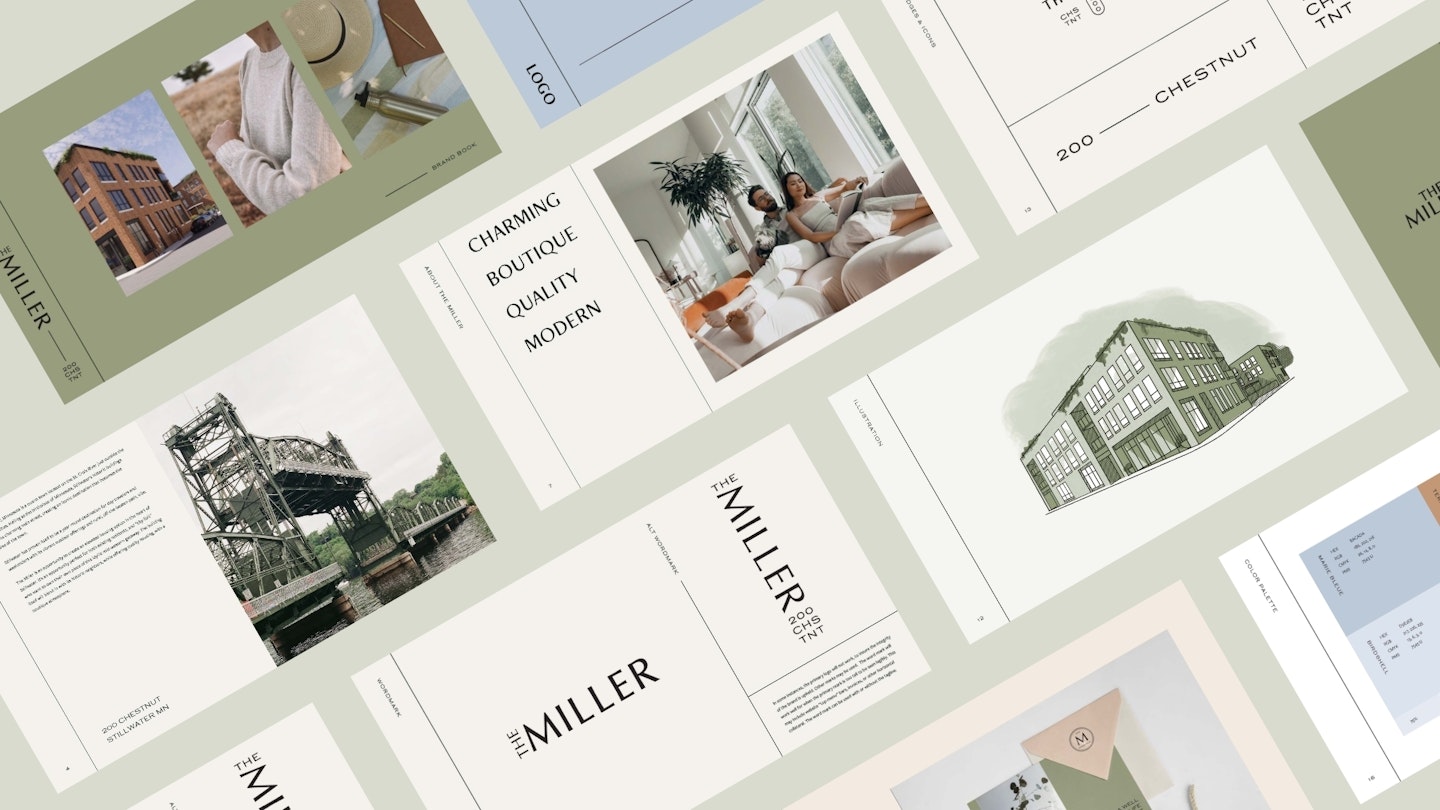
Embarking on a small multifamily development deal raises a pivotal question for developers and owners: Is investing in branding for small-scale ventures worth it?
Let's explore the significance of this question, tailored to small multifamily projects, and shed light on the key considerations that can influence the success of such projects.
Small projects (let's call them 25-75 units) often face a dilemma when it comes to allocating resources for branding and marketing efforts.
The question above inevitably arises, along with a variation of the following: Will an effective brand play a crucial role in the success of my project, or is it an unnecessary expense?
Before diving into this question, we must clarify the context and discuss what is meant by "brand."
Is the brand merely a logo or a name, or does it encompass a comprehensive marketing strategy?
Is it "just a logo," or is it a website, too? What about brand experience onsite? And paid ads? And... ?
Understanding the nuance of compelling property marketing is paramount for developers navigating this early decision.
It's important to remember that a brand isn't confined to a name or a logo and that an effective go-to-market strategy involves developing a unique creative system (and experience) reflective of the project's architecture, neighborhood positioning, demographics, and more.
The goal of a thoughtful brand strategy is to establish a distinctive position within a competitive market, setting the tone and the project apart from its competition, no matter the size.
Likewise, any meaningful discussion on this topic must extend beyond the creation of a brand and shift towards ensuring the project can generate demand from it.
I reference this old quote all the time, but the "if you build it, they will come" idea does not usually ring true. And often to the detriment of a project's success.
Traditional marketing methods (e.g., "logo and website") are the tip of the iceberg. Exploring onsite strategies, paid media, ILS listings, and renter nurturing are all paramount to success.
That being said, a 50-unit building doesn't need the same output as a 500-unit building. Less is more.
But, less of those same things is the key.
Would a small project find that a beautiful brand contributes to its marketing positioning and lease-up success?
Yes.
Imaginative, creative, thoughtful experiences are what residents seek today, even at a boutique scale.
Does a small project need a website that effectively communicates the brand and facilitates renter decision-making?
Yes.
This is a fundamental component, irrespective of size.
Do projects smaller in unit count need the same investment as projects 5-10X their size?
No.
The conversation of marketing investment should scale with the literal size of the building.
Throughout 100+ lease-ups, we've found that cutting marketing costs indiscriminately hinders long-term success and short-term ROI.
Thoughtless marketing equates to subpar results.
Investment in brand and a go-to-market strategy, even for small multifamily projects, is not merely an additional expense.
It is an investment in the project's success and long-term viability – just like it is for large institutional projects.
Remember: less of the same things is the key.
Your property brand, whether tied to a small or large community, can unlock the full potential of your building.
Not to mention its position as an inspiring home to many in the neighborhood.

Discover why boutique multifamily buildings outperform their larger competitors by focusing on curated experiences, intentional design, and emotionally resonant branding.

Discover how data-driven branding strategies can accelerate leasing, boost NOI, and turn your multifamily property's identity into a measurable performance asset.

Your brand’s reputation is built—or broken—at the leasing desk. Are you ready to unify leasing and marketing to protect it?

Remember when we all DIY dip-dyed our hair in Kool-aide and learned just because you can do it yourself doesn't mean you should? This week we're digging into the hidden costs of DIY'd branding.
A simple read in under 5 minutes, delivered to your inbox Saturday mornings.
A simple read in under 5 minutes, delivered to your inbox Saturday mornings.